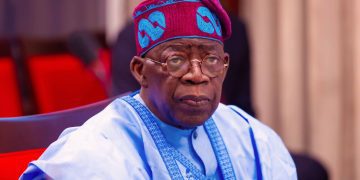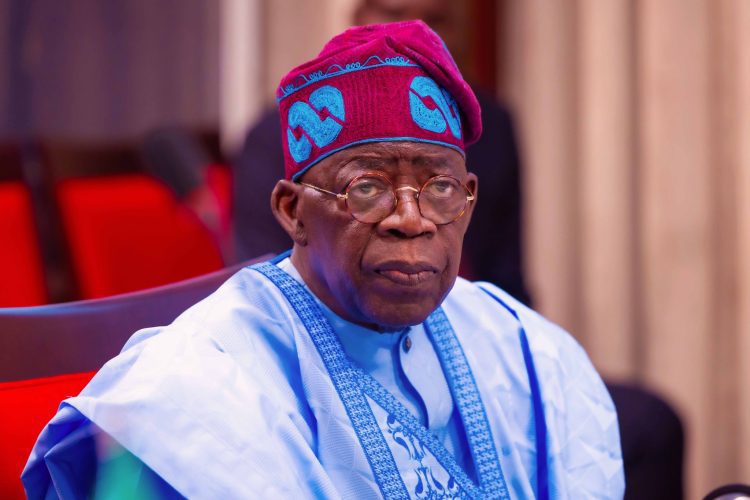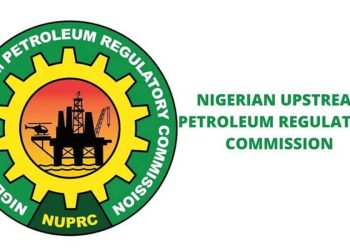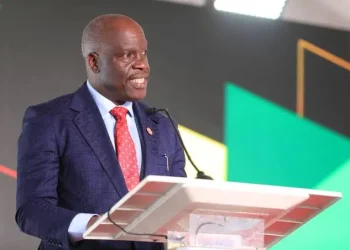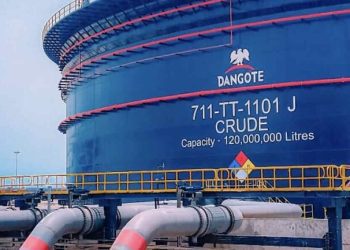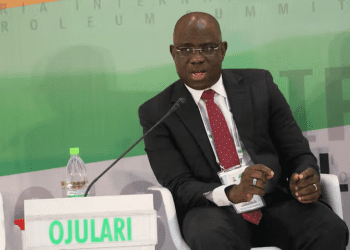President Bola Ahmed Tinubu has urged African nations to take control of how their natural resources are valued and traded, insisting the continent must stop playing the role of a “price taker” in the global commodities market.
The President made this assertion via a statement shared on his official X (formerly Twitter) account on Tuesday, as Nigeria prepares to host the Global Commodity Insights Conference on West African Refined Fuel Markets in Abuja.
This week, Nigeria welcomes Africa’s energy leaders and global partners to Abuja for the Global Commodity Insights Conference on West African Refined Fuel Markets, hosted by NMDPRA in partnership with S&P Global Insights.
Africa can no longer remain a price taker for its…
— Bola Ahmed Tinubu (@officialABAT) July 22, 2025
The high-level summit is being organised by the Nigerian Midstream and Downstream Petroleum Regulatory Authority (NMDPRA) in collaboration with S&P Global Insights, drawing major players from across Africa and the global energy sector.
“Africa can no longer remain a price taker for its resources. It is time to establish credible, transparent benchmarks that reflect our realities and protect our economies,” President Tinubu said.
He stressed the need for an integrated African energy market, one built on collaboration, regulatory coherence, and transparency that ensures the continent extracts full value from its resources.
According to Tinubu, Nigeria is already working with regional partners to build a more unified fuel market that supports intra-African trade, secures domestic energy needs, and fosters shared prosperity.
“From refining to regulation, data transparency to trade flows, Nigeria is working with regional partners to build an integrated market that rewards our production, secures energy for our people, and deepens prosperity across borders,” he wrote.
Describing the upcoming summit as a “strategic opportunity,” the President said it represents a critical step toward building an Africa-led energy pricing system — one that reflects the continent’s realities and aspirations for economic sovereignty.
“This is how we take ownership of our value. This is how we shape our energy future. We must price what we produce, trade on our terms, and secure value for our economies and future generations,” he concluded.
The Abuja conference is expected to tackle pressing issues such as regional fuel distribution bottlenecks, lack of transparency in commodity pricing, and limited integration among African energy markets.
The event is aligned with Nigeria’s broader goals under its ongoing energy reforms and the ambition to become a leading hub for refined petroleum products and energy data across Africa.
